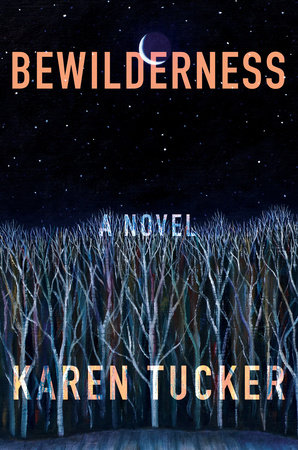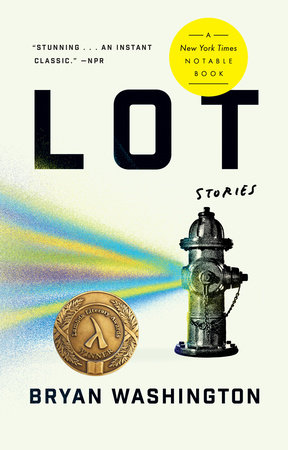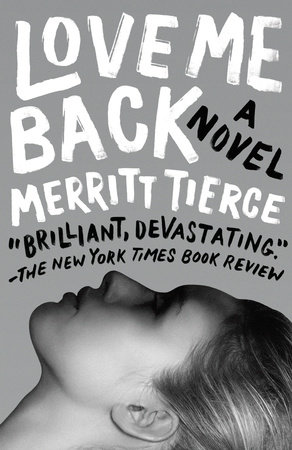If you enjoy reading Electric Literature, join our mailing list! We’ll send you the best of EL each week, and you’ll be the first to know about upcoming submissions periods and virtual events.
I scored my first job as a food server at age fifteen in a tiny sandwich and ice cream shop teetering on the western edge of Greensboro, North Carolina. Since then the city has expanded in all directions, gobbling up property and taxes. The restaurant no longer exists.
A sophomore in high school, I worked afternoons and evenings, earning $2.01 an hour plus tips, a fortune compared to babysitting wages. In exchange for this wealth, I did everything from taking orders to assembling club sandwiches to pushing a gray string mop across the linoleum after hours. The night manager was a 17-year-old named Joyce, who paired her cropped red hair with a soft voice and a languid manner. She must have contributed in some way to our operation, surely she did, but years later the only thing I recall her doing is smoking Virginia Slims while lounging in the rear booth with my co-worker Spike, a 16-year-old who had recently liberated himself from the confines of organized education, and who preferred the drama of gas station cigars. Another one of my closing chores was to collect and clean the ashtrays, and each night as I approached their booth to fulfill this duty, the sight of Joyce’s strawberry-colored lipstick on her elegant menthol butts combined with the stink of an extinguished Dutch Master never failed to make my pulse quicken. This, I understood to be glamour. I wanted it for myself.
My debut novel Bewilderness features two servers named Irene and Luce who find themselves caught up in similar enchantments, including that warm fizz you get in your veins when your section is full and your timing is perfect and the food you bring makes your guests sigh with noisy pleasure and everyone loves you, loves you! It’s called a rush for a reason, after all.
What I want to share with you here are some stories that capture the powerful highs––and crashing lows––of food service, as well as the intoxicating tug of restaurant life and why it’s often so difficult to quit.
The Heart is a Lonely Hunter and The Ballad of the Sad Cafe by Carson McCullers
Think of it as a combo special if you want, but don’t miss this one-two punch from former North Carolina resident Carson McCullers. With unforgettable characters and explicit progressive aims, this novel and novella employ restaurants as the central hub of action and show how these chaotic public arenas can link us with a more mysterious realm. I was first seduced by these books as a naïve baby waitress, long before I learned to hide wine on the high shelf above the computers, and remained so even after the calluses on my feet grew so thick you could scrape them off with a knife.
Brief Encounters with the Enemy by Saïd Sayrafiezadeh
While McCullers hooks readers with the allure of restaurant life, Saïd Sayrafiezadeh intervenes with a sobering perspective. In his short story “Appetite,” dinner rushes are full of peril––boiling water spilled on an arm, knife wounds, blood in the toilet after a server’s hurried pit-stop. Here, the beauty lies in a short-order cook’s examination of his childhood and what led him to this unhappy fate. “Maybe if I had been paying closer attention things would have turned out differently for me,” he thinks at one point. Given the extraordinary detail of his observations, it’s clear that larger, more powerful forces are instead at work.
Lot by Bryan Washington
With tipped employees and sub-minimum wages––practices that stem from and perpetuate racism, sexism, ableism––the restaurant industry breeds abuse. In “Navigation,” Bryan Washington’s narrator works in a taqueria, dumping pig guts and washing dishes in a low-income Houston neighborhood with “needles in the grass.” If you’re struggling to pay rent and your manager puts hands on you, do you have the luxury of quitting? We’re taught in fiction workshops that the choices our characters make reveal who they are. In Washington’s outstanding story collection, sometimes it’s the choices people aren’t free to make that are the most revealing. Go home with this one.
Twenty Grand: And Other Tales of Love and Money by Rebecca Curtis
Not every story in Rebecca Curtis’s collection centers on restaurant life, but enough do to leave you sated. “Hungry Self” features a server with an eating disorder she refuses to acknowledge, a coke issue she reluctantly admits to, and a crush on a co-worker that goes sideways. “Summer With Twins” continues this narrator’s troubles, digging into the rampant sexual harassment of restaurant culture, as well as power struggles among employees. Bonus tip for servers: read this story to learn how to use the excellent “sacrifice” strategy when slammed.
Love Me Back by Merritt Tierce
Like many of us who remain entrenched in food service beyond the tourist experience of waiting tables during high school or college, Merritt Tierce’s narrator fights her way through a variety of venues, from an entry-level gig at a chain restaurant to a server position in an upscale steakhouse. Not only does Tierce join Rebecca Curtis in calling out the industry for its pervasive harassment and substance abuse issues, her protagonist’s war stories are delivered with fierce, wrenching prose.
The Remains of the Day by Kazuo Ishiguro
Kazuo Ishiguro’s narrator Stevens works as a butler, overseeing dinner service in a wealthy private estate. An examination of class issues, the struggle against fascism, Stevens’s intense personal obsession, and his unwillingness to acknowledge his own shortcomings and failures all work in concert to create a remarkable novel that rewards multiple readings. I learned more about writing fiction from this book than perhaps any other, and during my time waiting tables at the Vanderbilt family estate in Asheville, when I was overworked, uninsured, and deeply unhappy, I thought often of Stevens and his unfulfilled longings. Later, I wove strands of his DNA throughout my novel as best I could.
“Passion” in Runaway by Alice Munro
Like Ishiguro, Alice Munro didn’t win a Nobel for nothing, and although only one story in Runaway stars a food server, “Passion” is worth it. Grace, a waitress from a low-income family who lusts after a college education, finds her way out of restaurants and into a new existence by the end of the story––but not in the way she hoped for or expected. If something like this has happened to you, I’m sorry. Maybe this story can give you a measure of comfort. Death makes exactly zero sense in real life, and it’s no less confounding for Munro’s protagonist, even years later when she attempts to puzzle it out.
Number One Chinese Restaurant by Lillian Li
Lillian Li’s novel came out not long after I left my eleventh server job for a fifth and final stab at college. While I was grateful that so-called higher education demanded far less of me than waiting tables, I missed my former co-workers and their endless jokes, rivalries, romances, hustles, and above all, their brilliance. Li’s equally brilliant––and hilarious––debut helped nourish me through that loss. With a focus on the multi-generational community that exists in the restaurant world, as well as a hard, loving look at the complicated individuals who inhabit it, Li’s book reveals the inside secrets of a singularly difficult, and beautiful, life.
The Plague of Doves by Louise Erdrich
Authored by National Book Award winner and former food server Louise Erdrich, this novel houses numerous stories while broadly critiquing the ongoing violence against Native Americans. One narrative thread features Evalina, who, as a high-school-aged waitress, marries ketchup bottles, reads Camus after the lunch rush, and smuggles sugar packets home in her pockets. Years later she observes, “When we are young, the words are scattered all around us. As they are assembled by experience, so also are we, until the story takes shape.” These lines not only offer a clue toward understanding Erdrich’s fragmented novel, they serve as welcome encouragement for those of us who continue to stare down hunger on a nightly basis, who face the daily labor of piecing together our own selves.










